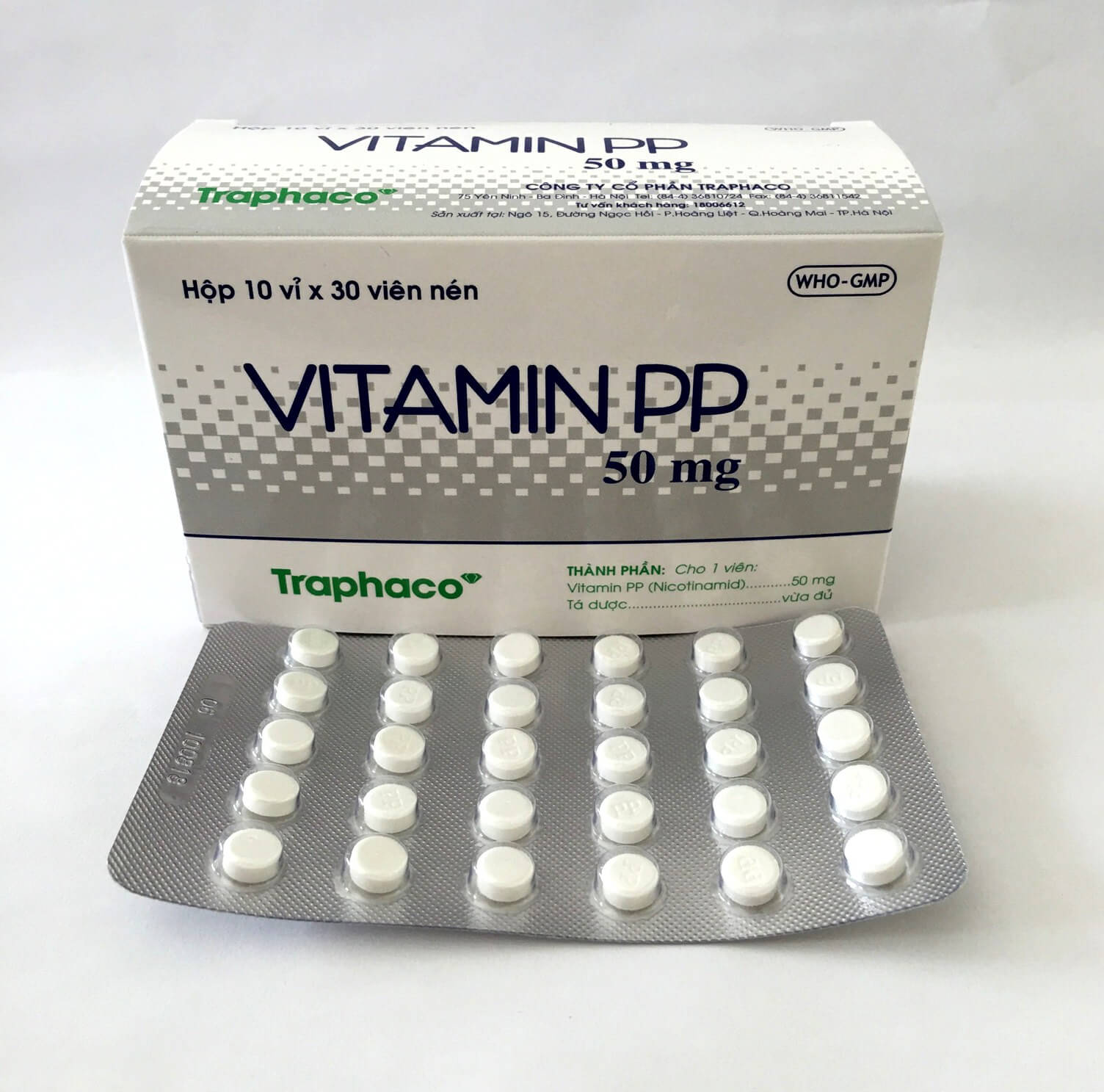Vitamin PP - The Benefits, Side Effects and Sources

Sources of Vitamin PP
Vitamin PP is naturally found in many foods. Some of the best sources of Vitamin PP include:
- Poultry
- Fish
- Red meat
- Whole grains
- Legumes
- Nuts
Benefits of Vitamin PP
Vitamin PP has several benefits for your body. Here are some of the most important benefits of Vitamin PP:
1. Helps in Energy Production
Vitamin PP helps your body to convert food into energy. It plays a crucial role in the metabolism of carbohydrates, fats, and proteins. This is why it is important to include foods rich in Vitamin PP in your diet.
2. Maintains Healthy Skin
Vitamin PP is essential for maintaining healthy skin. It helps to keep your skin moisturized and protects it from UV radiation. Vitamin PP can also help in reducing the appearance of fine lines and wrinkles.
3. Lowers Cholesterol Levels
Vitamin PP can lower your cholesterol levels by reducing the levels of LDL (bad) cholesterol and increasing the levels of HDL (good) cholesterol. This can help in reducing the risk of heart disease.
4. Supports Digestion
Vitamin PP plays an important role in the digestion of food. It helps to break down carbohydrates, fats, and proteins and ensures that your digestive system is working properly.
Side Effects of Vitamin PP
While Vitamin PP is generally safe, taking high doses of it can cause some side effects. Here are some of the most common side effects of Vitamin PP:
1. Skin Flushing
High doses of Vitamin PP can cause skin flushing, which is a temporary reddening of the skin. This occurs because Vitamin PP causes the blood vessels in the skin to widen.
2. Stomach Upset
Taking high doses of Vitamin PP can cause stomach upset, including nausea, vomiting, and diarrhea.
3. Liver Damage
Very high doses of Vitamin PP can cause liver damage. This is more likely to occur if you are taking supplements containing high doses of Vitamin PP.
FAQs
1. Can Vitamin PP prevent heart disease?
Yes, Vitamin PP can help in reducing the risk of heart disease by lowering cholesterol levels.
2. How much Vitamin PP do I need?
The recommended daily intake of Vitamin PP for adults is 14-16 mg per day.
3. Can I get enough Vitamin PP from my diet?
Yes, you can get enough Vitamin PP from your diet by consuming foods rich in Vitamin PP such as poultry, fish, and whole grains.
4. Can Vitamin PP cause liver damage?
Very high doses of Vitamin PP can cause liver damage. It is important to take supplements containing Vitamin PP only under medical supervision.
Conclusion
Vitamin PP is an essential vitamin that plays a crucial role in many bodily functions. It is important to include foods rich in Vitamin PP in your diet to maintain healthy skin, nerves, and digestion. Vitamin PP can also help in reducing the risk of heart disease by lowering cholesterol levels. However, taking high doses of Vitamin PP can cause some side effects, including skin flushing, stomach upset, and liver damage.
